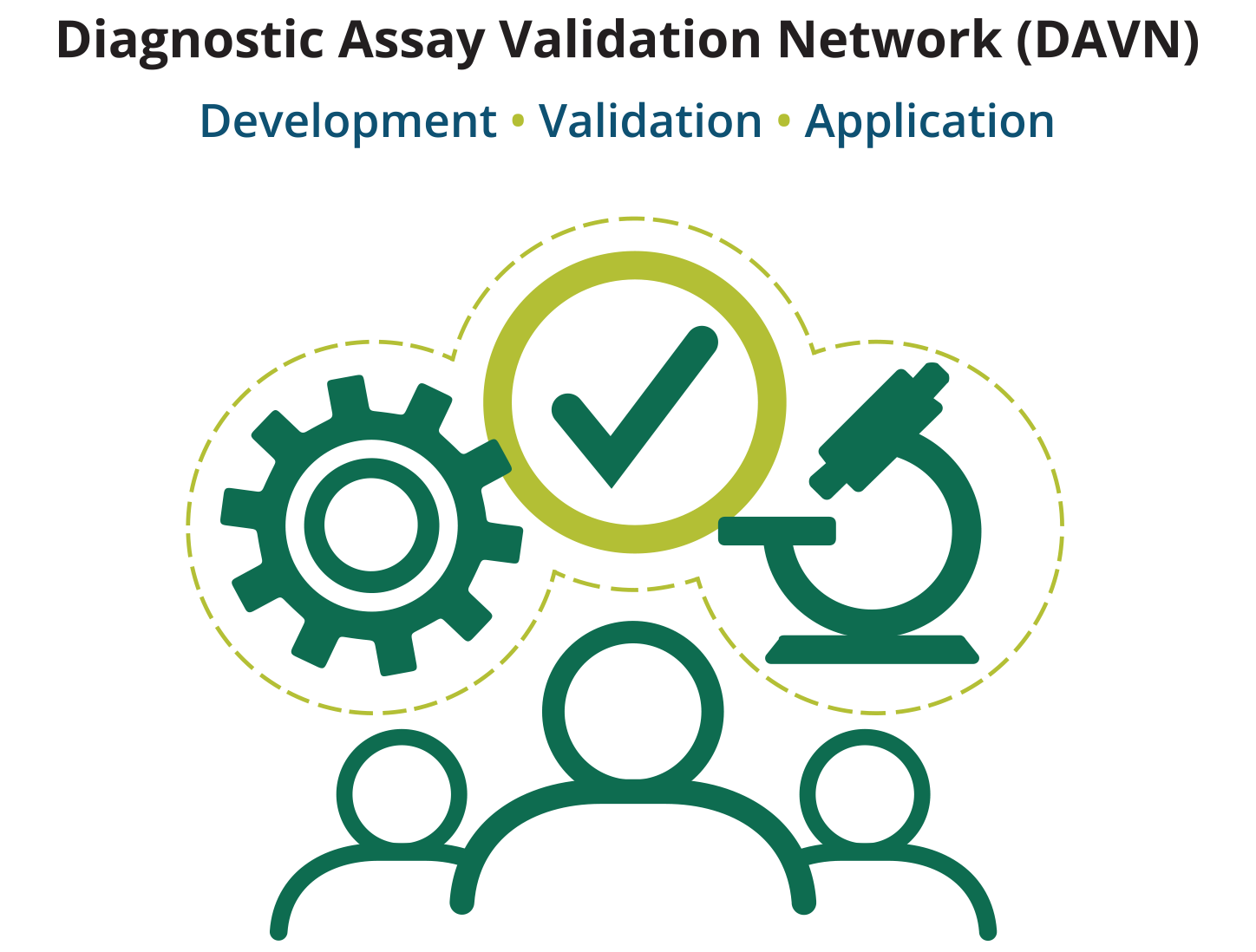This webinar is organized by the Diagnostic Assay Validation Network (DAVN)
Broadcast Date: January 24, 2024 | 9:30 – 11:00 AM Central
View On-Demand Webinar
Webinar Summary
This webinar is the second of the APS 2023-24 webinar series highlighting emerging technologies for plant disease diagnostics. This webinar series is hosted jointly by APS and the
Diagnostic Assay Validation Network.
This webinar emphasizes use of High Throughput Sequencing (HTS) in pathogen detection and diagnostics, with a focus on sequence data capture, management and pathogen detection. Until recently, HTS has had limited adoption for plant pathogen diagnosis due to the need for specialized sequencing equipment, not designed for diagnostics. Sequence data can be in the Gigabyte size range, making it difficult to manage and organize for pathogen detection. Early protocols require users to have bioinformatics knowledge and ability to code. This webinar will provide solutions to these constraints by pioneers in the field.
Professionals from various sectors involved in detecting pathogens and pests and delivering diagnostic results to prevent, monitor, and manage plant problems will benefit from attending. Plant diagnostics need to be supported by validated methods to underpin scientific credibility to the ever-changing environment that our stakeholders encounter. Timely and successful implementation of accurate diagnostics methods is a crucial part of any surveillance system for plant disease and, ultimately, food security derived from healthy plants.
Learning Objectives
Participants will learn:
-
The pros and cons of different sequencing platforms for plant disease diagnostics
-
Methods in bioinformatic management of sample sequence data outputs
-
Considerations in how to validate HTS methods for performance metrics needed to compare with current gold standard techniques.
Presenters:

Kitty Cardwell
Oklahoma State University
| Kitty Cardwell joined Oklahoma State University in 2016 as Professor of Plant Pathology and Research Scientists in the Institute of Biosecurity and Microbiology. She brings experience in biosecurity program management and expertise in microbial epidemiology. As result of the events of 9/11/01, she developed the National Plant Diagnostic Network (NPDN) a functional network of 74 public and private agricultural institutional plant diagnostic clinics. Under her leadership, the NPDN became a coordinated and cohesive, distributed system that has quickly detected and responded to the introduction of high-consequence pests. At OSU, Dr. Cardwell conducts research in novel detection technologies, particularly in the development and validation of Electronic Diagnostic Nucleic Acid Analysis e-probes for high-risk pathogens. Her current endeavor is to build a Diagnostic Assay Validation Network, funded by NIFA and attracting participants from across the country.
|

Jose C. Huguet-Tapia
University of Florida
|
Jose C. Huguet-Tapia is a Research Scientist at the University of Florida, dedicated to unraveling fundamental questions related to bacterial pathogenicity. His expertise spans the fields of genomics and molecular biology. Dr. Huguet-Tapia specializes primarily in crafting advanced bioinformatics pipelines tailored for the in-depth study of plant pathogenic bacteria. He will present Signals to Answers: Innovations in DNA Sequencing, Pathogen Identification, and AI Integration.
|

Dr. Al Rwahnih
University of California-Davis
|
Dr. Al Rwahnih is the director of Foundation Plant Services at University of California, Davis, and a lecturer in the university’s Department of Plant Pathology. Foundation Plant Services is committed to maintaining and distributing elite disease-tested plant propagation material, and providing plant importation, quarantine, and virus elimination services, all of which rely on sensitive and effective screening for viral pathogens. His ongoing research focuses on the discovery, ecology, genetic diversity, and pathogenicity of viral and other infectious diseases of annual and perennial plants. His primary research goal is developing improved and more cost-effective diagnostic tools for the detection and analysis of plant viruses. Working closely with regulators at USDA-APHIS and California Department of Food and Agriculture, he was instrumental in the acceptance of high throughput sequencing (HTS) as a diagnostic tool for quarantine and/or certification of Prunus, grape, and rose materials. Research conducted by Dr. Al Rwahnih has resulted in over 120 publications and policy development and change at US and international organizations for plant protection.
|

Andres Espindola Camacho
Oklahoma State University
| After receiving his BS, Dr. Espindola moved to Oklahoma State University where he received a MS. and Ph.D. degrees. During his graduate studies he worked on next generation sequencing (NGS) metagenome data analysis of plant-pathogen interaction systems to rapidly detect eukaryotic plant pathogens. Dr. Espindola and other students designed a bioinformatic tool termed EDNA (E-probe Diagnostic Nucleic acid Analysis) that effectively detects plant pathogens in sequenced metagenomes. Dr. Espindola’s Ph.D. research focused on the refinement of EDNA (termed EDNAtran) to detect actively infecting plant pathogens using transcriptomics and metatranscriptomic databases. He is currently an Assistant Professor at OSU teaching computation biology and continuing research on NGS use for detetion and diagnosis of plant pathogens
|
